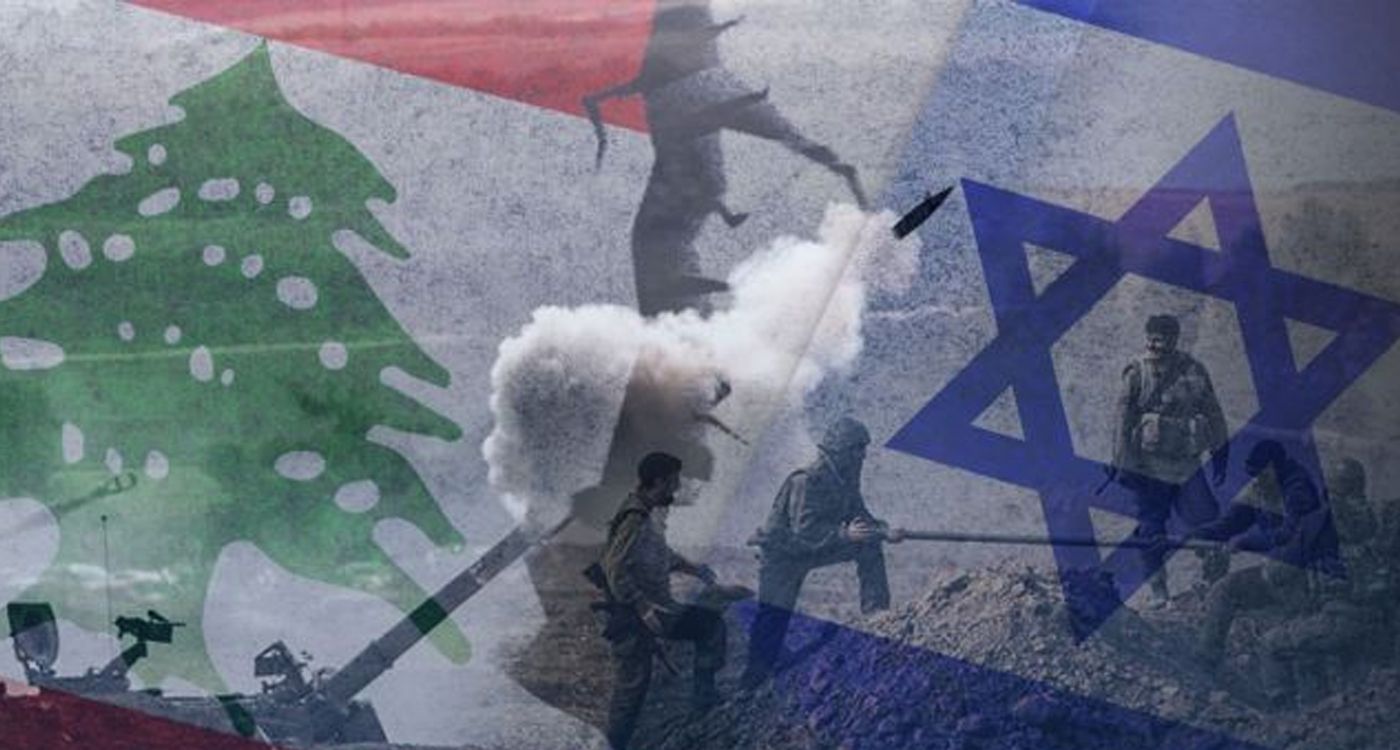
Until October 8, the only remaining disputes were over a few border points needed to definitively mark out the border and the famous Blue Line. These were issues that could be easily handled by diplomats, even novice ones like ours. Today, no one is talking about the Shebaa Farms or the Kfarchouba Hills anymore… At this point, the entire south is beyond Lebanon's control.
The title of the nightmare could well be "Support Front." A major strategic mistake that will haunt generations of Lebanese for the next 50 years. How could the perception of events have become so distorted that the decision of a few ended up plunging an entire population into the abyss? For a whole year, the warnings were repetitive and clear: "Don’t start a war, implement Resolution 1701." One year is a very long time.
Even the most obstinate would have had ample opportunity to reflect and reconsider. Historians will need to explain how the same path, leading directly to the country's openly stated and widely broadcast destruction, was pursued, despite all evidence and against all reason. In fact, since the acknowledged strategic blunder of 2006, one side has worked on technology while the other has prioritized ideology. The results bear this out.
We were told about a "balance of terror." Oh, really? Where is it? Some were convinced – and insisted – that the Israelis wouldn’t dare attack such a powerful "resistance." Again, really, who are they exactly?
The 60,000 refugees who fled northern Israel were supposedly going to be joined by millions more. Oh, really? Is that so? Because we surely haven’t seen any of that. However, the 1.6 million displaced Lebanese are very much a reality.
Let’s skip the speech about the amazing weapons that can strike anywhere. And we’ll also avoid the topic of the hidden whereabouts of those super ballistic missiles made in Iran. Because, in the real world, as they say, drones and fighter jets roam freely over the heads of the Lebanese. The Israelis strike whenever they want, wherever they want, and whomever they want. Meanwhile, a few dozen rockets are fired from Lebanon, most of which are intercepted.
Should we talk about the damage? That’s $20 billion in a country that has been in crisis for five years. How many decades will it take for the country to recover? The latest estimates indicate that Gaza has fallen back by 69 years in terms of development. Interesting! Gaza, after all, is where it all began. So, since Hezbollah has backed Hamas for a year, one might expect support from the "other fronts of resistance" that are so dear to Tehran, all while Lebanon lies in ruin. Oh, really? Where is this so-called unity of fronts? Not a single word is being uttered.
Nonsense and deceit have led a small country, scarred by 50 years of others' conflicts on its territory, to a complete collapse.
We are told that after the war, the time will come for accountability. Yet, no one believes it. No one is in control – not even the United States Administration. When Antony Blinken makes a request, oftentimes the exact opposite tends to happen. The American president can shout and lecture all he wants, but to no avail.
Two key steps lie ahead for the country and the region, likely to occur in the following order. First, there will be the Israeli response to the Iranian retaliation, which in turn, is likely to provoke another response from Iran... It all depends on the nature of Israel’s initial retaliatory attack. Will it be a technological achievement that inflicts minimal damage, yet is surprising enough to serve as a strong deterrent? Or will it mark the beginning of a regional war that will drag everyone in?
Objectively speaking, this second scenario is far-fetched. The mullahs are well aware that their already fragile regime would collapse within months of an inevitable defeat. Nevertheless, there is a strong urge on the Israeli side to resolve the issue of the mullahs' nuclear ambitions once and for all, as this window of opportunity may not present itself again for years.
The next pivotal event will be the US presidential election set for November 5. The winning candidate is expected to shape the direction for the next four years. The critical question is whether Lebanon will emerge as a disruptive force in the evolving diplomatic landscape or find its role within a carefully crafted harmony for the Middle East. However, achieving this harmony requires a skilled conductor, and their baton will need to possess a touch of magic.

Comments